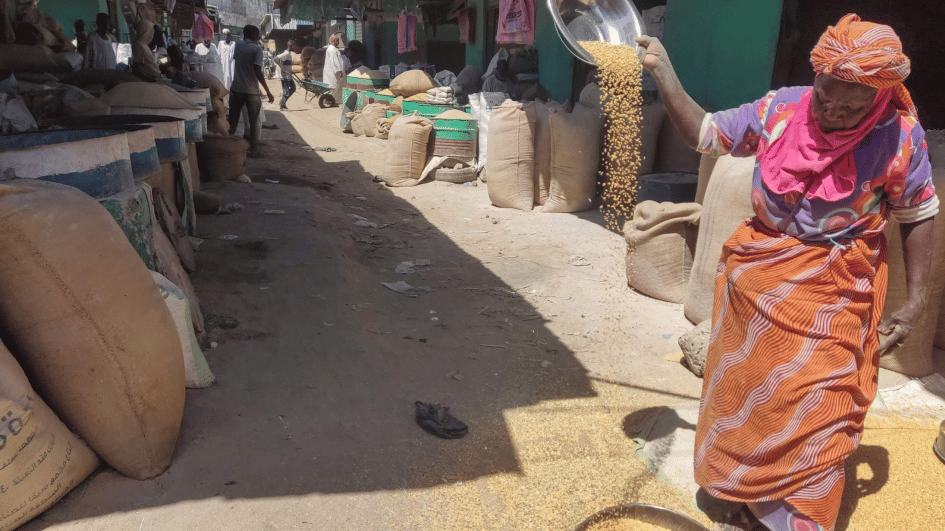Nearly 282 million people faced acute hunger in 2023, with the worst famine in Gaza
ROME

Food insecurity worsened around the world in 2023, with some 282 million people suffering from acute hunger due to conflicts, particularly in Gaza and Sudan, U.N. agencies and development groups said on Wednesday.
Extreme weather events and economic shocks also added to the number of those facing acute food insecurity, which grew by 24 million people compared with 2022, according to the latest global report on food crises from the Food Security Information Network (FSIN).
The report, which called the global outlook "bleak" for this year, is produced for an international alliance bringing together U.N. agencies, the European Union and governmental and non-governmental bodies.
2023 was the fifth consecutive year of rises in the number of people suffering acute food insecurity, defined as when populations face food deprivation that threatens lives or livelihoods, regardless of the causes or length of time.
Much of last year's increase was due to report's expanded geographic coverage, as well as deteriorating conditions in 12 countries.
More geographical areas experienced "new or intensified shocks" while there was a "marked deterioration in key food crisis contexts such as Sudan and the Gaza Strip," Fleur Wouterse, deputy director of the emergencies office within the U.N.'s Food and Agricultural Organization (FAO), told AFP.
Some 700,000 people, including 600,000 in Gaza, were on the brink of starvation last year, a figure that has since climbed yet higher to 1.1 million in the war-ridden Palestinian territory.
Since the first report by the Global Food Crisis Network covering 2016, the number of food-insecure people has risen from 108 million to 282 million, Wouterse said.
Meanwhile, the share of the population affected within the areas concerned has doubled 11 percent to 22 percent, she added.
Protracted major food crises are ongoing in Afghanistan, the Democratic Republic of Congo, Ethiopia, Nigeria, Syria and Yemen.
















